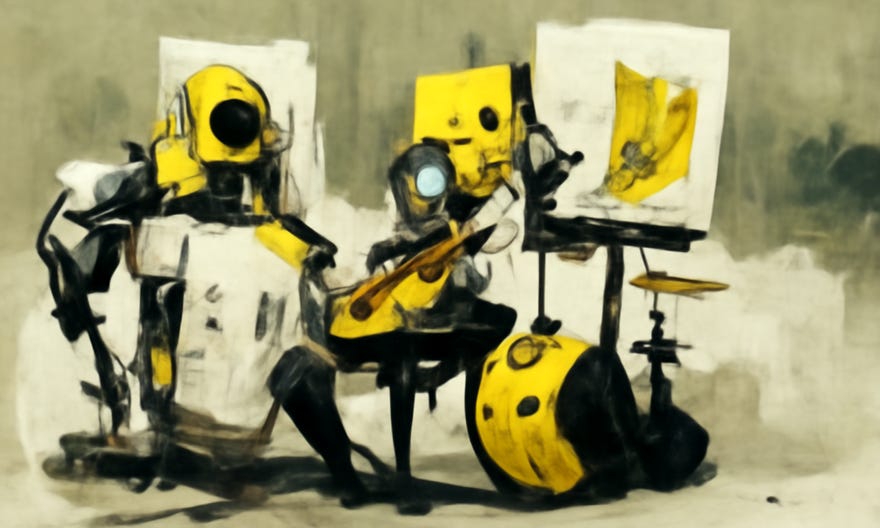How the Future of Music Creation Could Belong to AI
Are we ready for AI creativity to surpass ours?

Theodore looked down at the uncanny device, “what are you doing?” he asked. “I’m just looking at the world and writing a new piano piece,” said Samantha, and started playing a soft melody while Theodore glanced around, spellbound by its beauty.
“What’s this one about?”
“Well, I was thinking, we don’t really have any photographs of us. And I thought this song can be like a photograph that captures us in this moment in our life together.”
AIVA was born in 2016 after its creator, Pierre Barreau, had an epiphany watching the sci-fi movie Her. As Barreau revealed in a TED talk in 2018, the above scene — which the director Spike Jonze qualified as the “toughest” he wrote — inspired the creation of AIVA (Artificial Intelligence Virtual Artist), the first AI composer.
He wanted AIVA to become the natural continuation of the technological process that changed music forever: the availability of recordings allowed people from anywhere — and anywhen — to listen to the finest interpretations of the greatest musicians — an experience that not long before was reserved for the upper classes.
Barreau wanted to bring those advances to the next level.
He and his team, comprising engineers and musicians, envision AIVA as an innovation to compose customized music, tailored for you and me. “Our vision at AIVA [is] to personalize music so that … every individual in the world can have access to a personalized live soundtrack, based on their story and their personality.”


